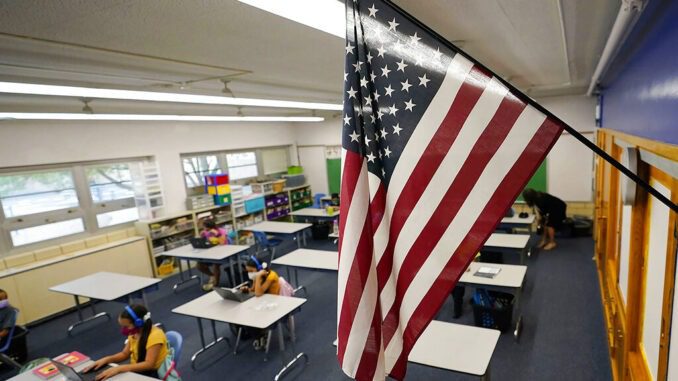
“The judiciary is beyond comparison the weakest of the three departments of power; it can never attack with success either of the other two…It equally  proves…the general liberty of the people can never be endangered from that quarter…so long as the judiciary remains truly distinct from both the legislature and the Executive. For I agree, that ‘there is no liberty, if the power of judging be not separated from the legislative and executive powers.’”— Alexander Hamilton, Federalist #78
proves…the general liberty of the people can never be endangered from that quarter…so long as the judiciary remains truly distinct from both the legislature and the Executive. For I agree, that ‘there is no liberty, if the power of judging be not separated from the legislative and executive powers.’”— Alexander Hamilton, Federalist #78
Mr. Hamilton circa 1788, meet former Superior Court-but-now-appointed Judge David Lee of Union County, North Carolina, of the year 2021. He begs to differ with your conclusion that the inherent sanctity of the judiciary will prevent judges with proper judicial temperament from impinging on the state legislature and usurping its appropriation authority.
Judge Lee, a retired Democratic Superior Court judge who was appointed to oversee the Leandro case, ruled last week that the North Carolina state legislature must allocate $1.7 billion out of its reserve-fund coffers to the state public education system to provide every child in the state a “fair and equal education”.
Leandro was intended to minimize the disparities in funding by counties in North Carolina for public education. Orange County residents contribute over five times as much money through elevated property tax values, roughly $5,000/student, to augment local public education expenses than Tyrrell County residents do each year, at below $1000 per student to name one notable example.
Never mind the fact that no judge has any recognized legal authority to order the legislature to do anything with public taxpayer money. That right has long been ensconced in the legislative branch, primarily in the house of representatives at the state and federal level, since the birth of the American democratic republic in 1789.
Never mind the fact that the original Leandro decision was rendered in 1987 when North Carolina Democrats held massive majorities in the N.C. Senate and House and would do so until 2010. Gov. Roy Cooper and Attorney General Josh Stein both served long stints in the Democratic-controlled NCGA before joining the executive branch. Any state legislative session under Democratic leadership during those 23 years could have properly authorized and then appropriated the money to comply with the intent and goal of the Leandro decision — but they didn’t.
Never mind the fact that Judge Lee is a single retired-but-now appointed, unelected judge making this decision instead of a majority of the 120 duly-elected representatives of the people or 50 state senators. One-person rule is exactly what North Carolinians feared the most when they rejected the ratification of the U.S. Constitution until it had the Bill of Rights attached to it. It is also the reason why, in 1996, North Carolinians were the last citizens in the United States to grant its governor veto power over state-legislature-passed bills.
North Carolinians instinctively oppose entrusting too much power in a single person’s hands. For good reason.
Judge Lee is making that reason crystal clear. If he and other judges, such as Judge Howard Manning who oversaw the Leandro case before him, really wanted to allocate $1.7 billion to the state public education program, they would have shed their judicial robes and run for the legislature, just like every other person who has run and served has done.
What is Judge Lee going to do to enforce his judicial edict from on high? Unless Gov. Roy Cooper orders the state’s National Guard to invade the legislative building and force the Republican majority at gunpoint to authorize and appropriate $1.7 billion to satisfy Bell’s Leandro decision, there is no way to make duly elected representatives and senators of the state of North Carolina do anything he says about public education.
He is just one unelected judge with no enforcement mechanism or authority.
Judges who want to legislate from the bench drive people who believe in legislative supremacy crazy. I didn’t like working for a Republican congressman for a decade in an 85-seat minority, but I still believe that the people should rule through control of the legislative bodies, not a king-like executive or, worse, an unelected, appointed judge.
If single unelected, appointed judges are allowed to make appropriations decisions properly assigned to legislative bodies, we would never have to hold elections again. We would cease to be the United States of America.
Judge Lee has made a bad decision that must not be allowed to stand. Statewide vouchers that follow the student and not the teachers or the school are looking better and better every day.



